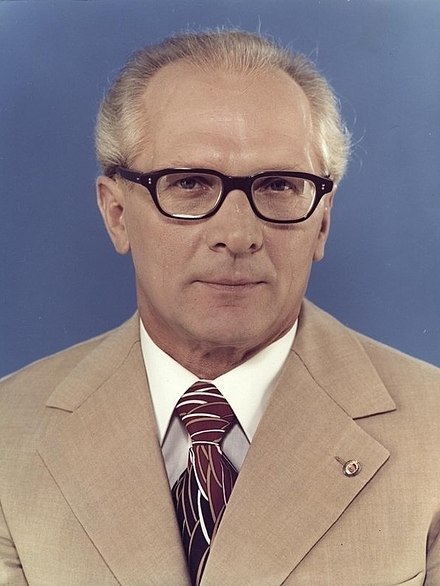First of all, I need to say that, even if it is ignorant, I even do not bother to read philosophical speculations.
I am interested in empirical premises. I’ve heard that there is some research, where scientists, monitoring activity of a person’s brain, are able to predict which switch (s)he’s going to switch, before (s)he does, or maybe before (s)he’s conscious about the choice. This implies that our decisions are results of some chemical processes determined aside of our “free choice” and so called free will is only an illusion, a way in which alternatives presents to us, while the choice is made already deep in our minds unconsciously and maybe even deterministically. Does anybody know this research and could cite it?
Since I am constantly busy, I really sucks in the theory, so could anybody say what’s the Marxist stance on free will if any?

As you said, we do not know, but I have a strong suspicion that our brains could not work effectively, if processes in them would be very sensitive to some initial conditions or external factors, i.e. chaotic. As Stanisław Lem wrote in Summa Technologiae, I suspect that the more complex system, the more it needs to be regulated and homeostated, the less freedom should be allowed for components of the system (a nasty view for free market advocates ;)).
Yes Comrade, I got your allusion :) But this is so fundamental question that it is hard to not seek for the answer, even if it is doomed to failure or ill-stated. And it is not purely an academic concern, it has such practical consequences as artificial intelligence.
That’s an interesting point about more complex systems needing to be more regulated, i think i agree.
As for artificial intelligence, i think we’re still a very long way off from the point when we need to worry about whether they have anything that looks like free will. All that current “AI” is (if you can even call it that), are systems that are fed massive amounts of data and just learn to regurgitate it in ways that imitate the form of the inputs. There is very little actual intelligence there, and what there is has been programmed in by humans. It has a lot of practical applications for sure but i think philosophically it’s not very interesting yet.